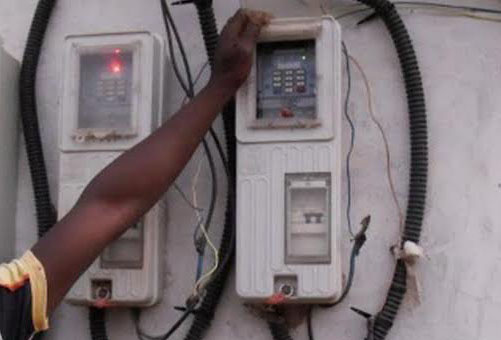
Nigeria’s National Agency for Food and Drugs Administration and Control (NAFDAC) has ordered the recall of a children’s cough syrup after laboratory analysis showed that the drug contains toxic compounds.
NAFDAC said Benylin Paediatric Syrup, manufactured by Johnson & Johnson, contained alarming levels of Diethylene Glycol.
Benylin Paediatric Syrup is commonly used for alleviating cough and its associated symptoms, as well as treating hay fever and other allergic conditions in children aged 2 to 12 years.
The affected batch of the syrup was manufactured in South Africa by Johnson & Johnson in Cape Town, South Africa in May 2021, and was imported to the Nigerian market.
The agency said it has contacted Johnson and Johnson Company West Africa, which imported the drug to Nigeria, to initiate the recall process for the affected batch, with notices to be uploaded to the WHO Global Surveillance and Monitoring System (GSMS).
NAFDAC said recent laboratory findings indicated toxicity in the product.
The agency Laboratory analysis conducted on the affected lot revealed an alarming presence of Diethylene Glycol, prompting concerns over its safety.
Diethylene Glycol, a known toxic substance, can have severe consequences upon ingestion, including abdominal pain, vomiting, and acute kidney injury, which can be fatal.
NAFDAC emphasises the importance of caution and vigilance among importers, distributors, retailers, and consumers throughout the supply chain to prevent the importation, distribution, sale, and use of substandard or contaminated regulated products.
The agency urged individuals in possession of the affected product are urged to cease its sale or use immediately and submit remaining stock to the nearest NAFDAC office.
“Furthermore, any adverse reactions observed following the use of this product should be promptly reported to qualified healthcare professionals for immediate medical attention,” NAFDAC said.
NAFDAC urged healthcare professionals and consumers to report suspicions of substandard or falsified medicines to its nearest offices.













